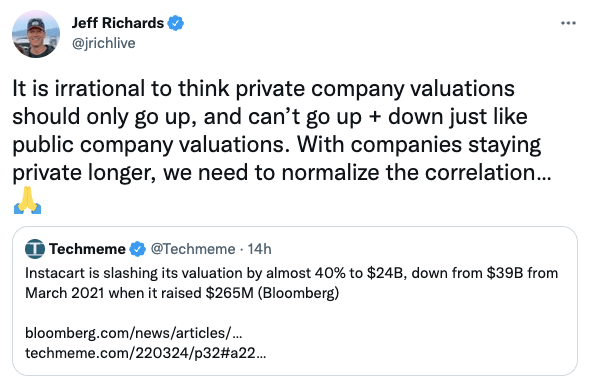Six months after raising $250 million, Papaya Global is making a key acquisition to expand its cloud-based HR and payroll platform globally on the heels of major surge in remote working. The Israeli startup is acquiring Azimo — the London-based money transfer business that Facebook once tried to buy to spearhead its own remittance efforts — a deal that will see Papaya Global moving into more markets, and launching more services such as instant payroll payments.
Terms of the acquisition are not officially being disclosed, but a source close to companies tells me that the deal was between $150 million and $200 million, a figure others appear to have also reported. Papaya is acquiring the full business upon the deal closing, including all of Azimo’s employees, the company said.
For some context, Papaya Global — backed by companies like Insight Partners and Tiger Global — was valued at $3.7 billion in its last funding round in September 2021, after growing revenues 300% each year for the last three years.
Azimo, meanwhile, was backed by investors including Rakuten and Greycroft and competes with the likes of Wise (FKA TransferWise). Both companies were among a shortlist that Facebook tapped several years ago when it first started to weigh up a move into money transfer services (a service it now provides).
The deal will help Papaya Global on two levels.
First, it will help it expand the company expand its geographic footprint: Azimo currently has payment licenses in the U.K., the Netherlands, Canada, Australia and Hong Kong, and it operates a payment network in over 160 countries, while Papaya Global (not to be confused with the other fintech called Papaya) operated services in 140 countries prior to this deal.
Second, it will help Papaya Global expand the services it provides. These include not just faster (instant) payment of payroll, but potentially a much wider selection of remittance services for people who are working in one country but have family or others who they want to pay in another. In the past those individuals might have used other services like Wise (or indeed Azimo) to handle those payments; now Papaya Global can keep them on their own network (and thus capture the commissions and foreign exchange fees) around those transactions.
“Papaya’s customers will benefit hugely from our long experience in building payment technology and operating as a regulated payments business,” Azimo CEO Richard Ambrose said in a statement.
It also plays into a strategy Papaya Global has been pursing for some time now to provide and all-in-one, end-to-end service for its customers — which include not just employers sourcing and eventually hiring people in other markets (be they freelancers or full-time or something in between), but increasingly services for those employees themselves.
“Payroll payments made easy regardless of geography are what set us apart from other technology vendors, and this acquisition will make it possible for companies to make instant payments to their global teams,” said Eynat Guez, Papaya Global CEO and co-founder, in a statement. “Azimo’s global digital payment network, multiple payment licences, and deep fintech expertise will also enable us to build new payroll-related services for our business customers and their employees.”
For Azimo, the company told us in 2019 that it was profitable, and that was the last year that it raised equity funding, too. (A 2020 injection of €20 million/$22 million from the European Investment Bank came in the form of debt.) But that also meant that the company, competing against the likes of Wise, was also potentially not scaling as much as it could have been had it followed a different funding trajectory in particular in these recent pandemic years, which saw strong demand in the remittance market. PitchBook estimates that its valuation was a modest $136 million back in 2019.
Further to that, there’s been a long-term trend of consolidation in the market — one that will continue for years to come, given how fragmented the remittance market is today and how thin the margins are for those players who are not scaling. Tying its star to Papaya Global and a wider service offering spanning HR and payroll is one way of supercharging the business in a way that might have been more challenging on its own for Azimo.
“Combining Azimo’s assets and expertise with an emerging global leader in remote working enablement like Papaya will allow them to deliver even more value for their business customers, especially those increasingly paying and managing remote employees,” said Azimo chairman and founder Michael Kent in a statement.
One of the reasons why the companies are not talking publicly about the sale price is that the deal has not completely closed yet: it will require regulatory approvals in their respective markets, and so they will continue to operate independently until those are reached.





